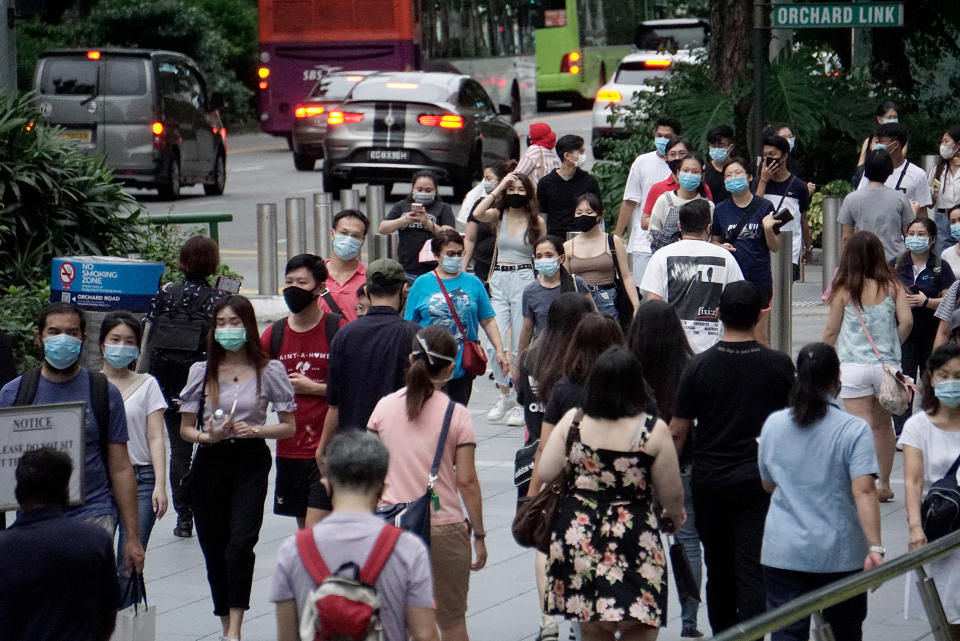Singapore’s upcoming General Election — What’s at stake for business?

By Lawrence Loh
SINGAPORE —Singapore goes to the polls on 10 July. While the general election allows individuals to cast their ballots, businesses do carry significant influence on the outcomes. Many voters are business owners or work in the myriad businesses in various sectors.
The election was called at a most unprecedented time amidst the COVID-19 pandemic. Singapore had its fair share of challenges in responding to the crisis. The economy is forecasted to contract in the range 4 per cent to 7 per cent this year. But for businesses, it is the business that matters. It is about a fundamental consideration – how can they get back to business even if it is not as usual but at least it is back?
The election comes on the heels of four national budgets, within four months, that total S$93 billion. These provide assistances and reliefs, but businesses may not expect the support to last forever. If the pandemic is to persist longer, businesses want to see how the newly elected government can continue helping them.
The critical question is — what is behind the budget goodie bag? What are the ways in which businesses may work with the government to bounce back to normalcy, even if it is the “new normal”. In specific terms, businesses will be concerned along three aspects.
First, businesses want certainty on the revenue side. The pandemic has resulted in losses of markets and customers. Beyond tourism-related sectors like travel and hospitality and human-intensive sectors like retail and food and beverages, the damages have spilled to many other sectors. Businesses will want to be assured of the government’s help on the financial toplines. Initiatives in transformation and digitaliSation have been rolled out amidst national efforts to prepare for the future economy and for the country to emerge stronger. But it is in the implementation that may cause anxiety. The question is: how can the initiatives benefit the specific businesses, one business at a time?
Second, businesses are challenged on the cost side. On wages, the government has been defraying up to 75 per cent of these costs during the pandemic, capped at $4,600 of the monthly wages. But the support will end in August. The question is: what happens after that? The main cost gripe is probably the high rentals charged by landlords, many of which are large government-linked companies. The budgets offer property tax rebates for landlords to pass down as rebates for the business tenants. Businesses certainly want more permanent reductions or assistances in rental costs.
Third, and most significantly, it is about a dilemma of trust. After the election, the government will be in a better position to take calibrated risks, balancing public health with economic revitalisation. Businesses cannot remain shut forever but there are risks when safety measures become too liberalised. Businesses will have to rely on the government to make the right thoughtful decisions. The concern for the election is which form of parliament can they bestow the trust to, whether this is one characterised by a clear-cut ruling-party mandate or one drawn from more diverse representations.
Ultimately, the interest of business is business. At the practical level, this is all that matters to business. The pandemic has been aptly termed as the “crisis of a generation”. The critical panacea will be a strong economy. Businesses will like workable solutions. They want an election outcome that will not inadvertently result in the “generation of a crisis”.
Lawrence Loh is Director of Centre for Governance, Institutions and Organisations at NUS Business School where he is also associate professor of strategy and policy.

 Yahoo Finance
Yahoo Finance 
